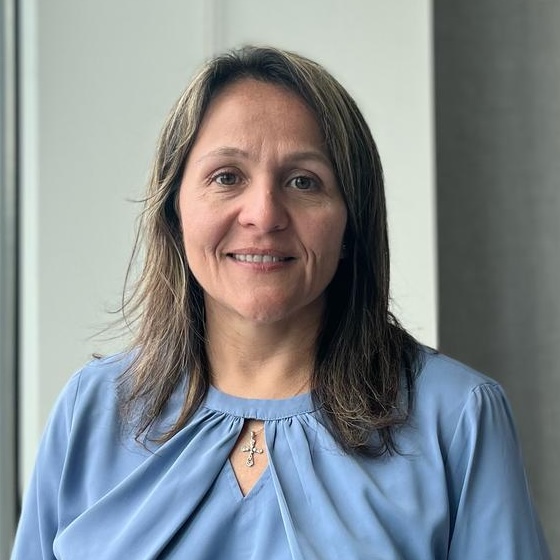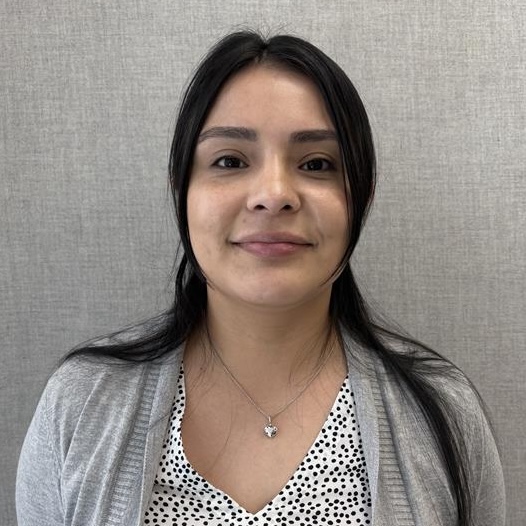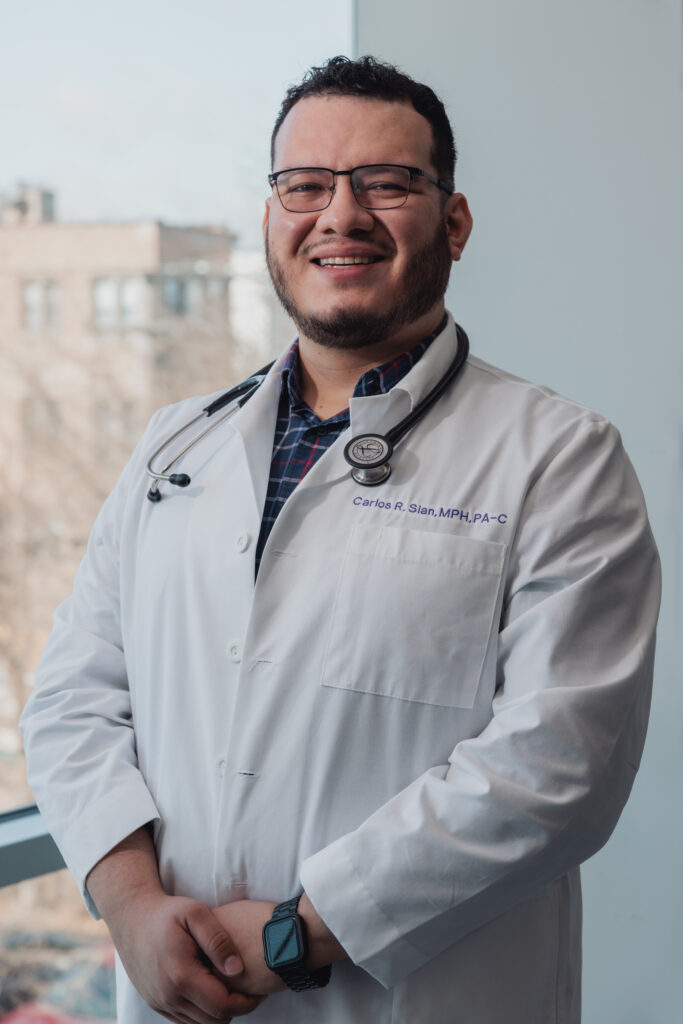Asthma is one of the most common chronic disorders that pediatricians diagnose in children and teens. While there is no cure for asthma there are effective ways to manage your child’s symptoms to prevent flare-ups and attacks while also ensuring that they are able to live a full, healthy life. It’s important to recognize the warning signs of childhood asthma. Symptoms include,
- Wheezing
- Shortness of breath
- Rapid, shallow breathing
- Fatigue
- Easily winded, especially after exercise
- A persistent cough that usually gets worse at night or after activity
- Chest tightness or congestion
If your child is experiencing asthma symptoms, it’s important that you bring them in for a pediatric evaluation as soon as possible as untreated asthma can be dangerous. If your child has been diagnosed with asthma, here are some of the best ways to help them manage their symptoms,
Visit the pediatrician often
Even if your child’s symptoms seem to be well managed through medication and lifestyle it’s still important that you bring them into the pediatrician’s office for regular care. Your pediatrician will be able to evaluate whether their current medications are fully controlling your child’s symptoms. If symptoms aren’t improving, you should also see your pediatrician right away.
Create an asthma action plan
It’s important that you and your child’s doctor sit down and create a detailed asthma action plan that will outline how you are managing your child’s symptoms and what to do in case of an asthma attack. Within the action plan, you will include the ways in which you are currently controlling your child’s asthma as well as symptoms to look for regarding a flare-up or attack, and when to see a doctor for care.
Alter your child’s lifestyle
It’s important to talk with your pediatrician about your child’s asthma triggers. By determining what triggers their allergies (e.g. pet dander; pollen) you can also figure out ways to avoid these allergies. Avoid household products or certain chemicals that may cause asthma to flare up. Bathing pets weekly, keeping the house clean and avoiding letting your child play outdoors on high pollen days are all ways to reduce allergen exposure in your asthmatic child.
If your child is displaying symptoms of asthma, or if their symptoms aren’t being properly controlled, call our pediatric practice today to schedule an immediate evaluation. We can provide you with a customized treatment that will make your whole family breathe a little easier.









